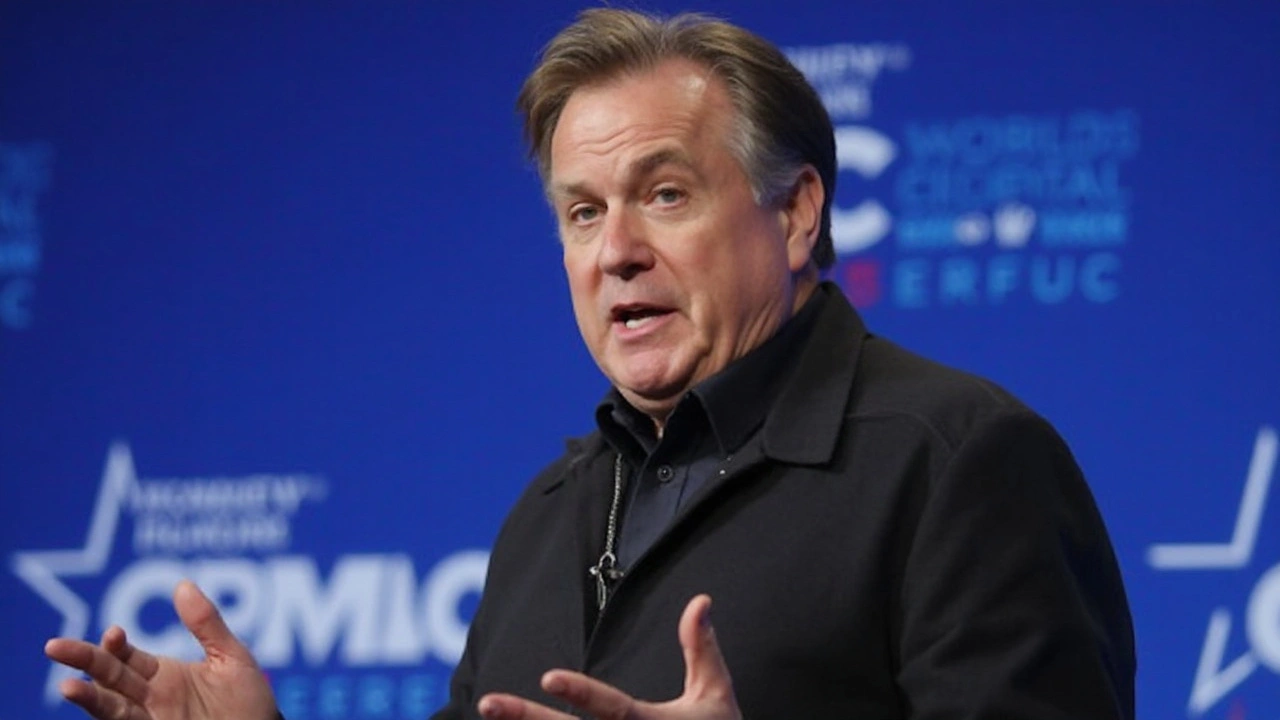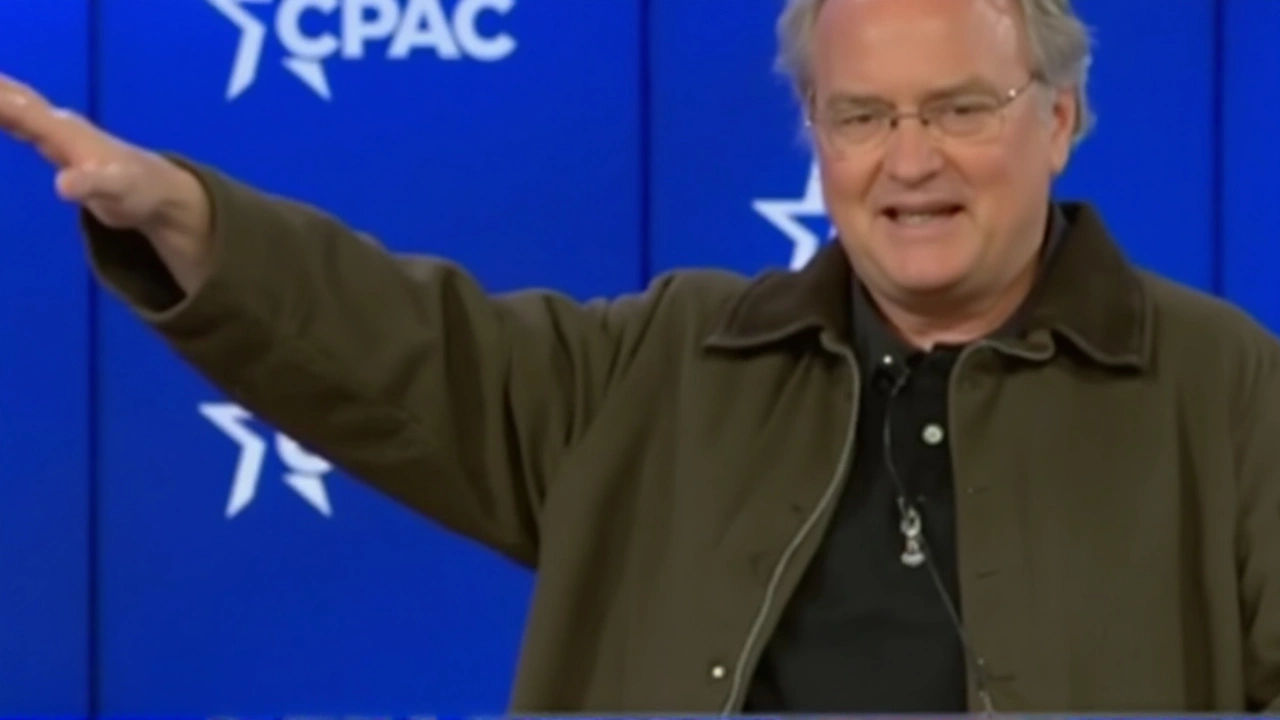The Conservative Political Action Conference (CPAC), held in Maryland on February 21, 2025, became a hotbed of controversy, all thanks to former strategist Steve Bannon. During his fervent speech, Bannon raised his right arm in a way many believed mimicked a Nazi salute, igniting a firestorm of criticism and backlash among political circles.
Reaction from Political Leaders
The response was swift, with French far-right leader Jordan Bardella promptly canceling his planned appearance at CPAC. His decision was a direct reaction to Bannon’s gesture, which he deemed incompatible with his values. Bardella openly stated that he could not align himself with such gestures, no matter the context, suggesting a moral or reputational breach that even his politics could not reconcile.
Bannon, however, dismissed the notion that his gesture was anything more than a wave intended to thank the audience. In an attempt to downplay the controversy, he aimed mockery at Bardella, claiming the French leader was "unworthy to lead France," a statement that seemed to aim more at discrediting Bardella than addressing the raised concerns.

Reflections and Comparisons
Bannon's gesture has been compared to another notable incident involving Elon Musk during Trump's inauguration rally, where a similar arm raise led to comparable uproar. Musk, however, characterized his actions as misunderstood, suggesting that critics were reading too much into the gesture.
Within far-right circles themselves, there was visible discontent. Nick Fuentes, known for his neo-Nazi affiliations, went as far as labeling Bannon’s move as "sick," claiming it made even him uncomfortable, an unexpected stance coming from someone entrenched in extremist rhetoric. Richard Spencer weighed in, too, critiquing Bannon’s apparent lack of ideological consistency.
The incident at CPAC didn’t help brighten the spotlight on growing radical rhetoric within certain conservative gatherings. Figures like Italian Prime Minister Giorgia Meloni and Slovak Prime Minister Robert Fico frequent such forums, further signaling a bold alignment or at least association with hardline ideologies.
Czech MEP Alexandr Vondra, who also attended the event, voiced his condemnation of Bannon’s alleged behavior but chose to exit before getting firsthand experience of the gesture. This move indicated a clear discomfort or disapproval from those within the political sphere, which otherwise might align closely on issues.
Overall, Bannon’s gesture and the subsequent reactions from political allies and opponents alike put a spotlight on the discourse within conservative circles. With CPAC serving as a stage where radical rhetoric seems more pronounced, the incident is part of a broader conversation about the direction and boundaries of political expression in these spaces.
